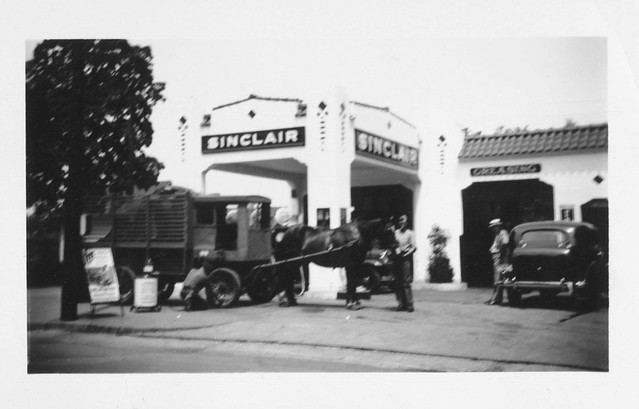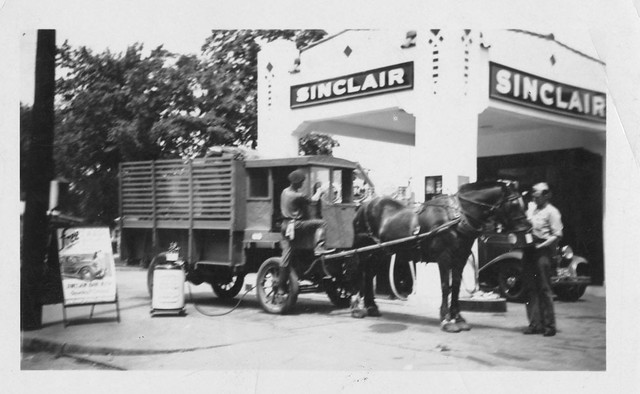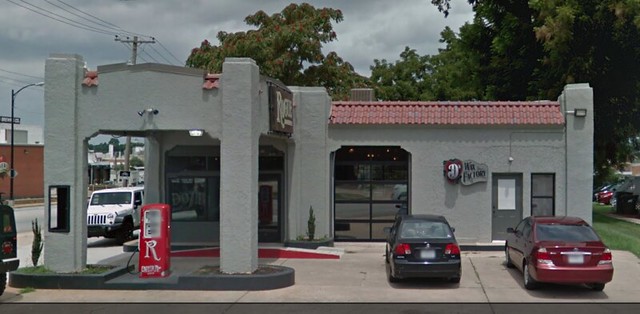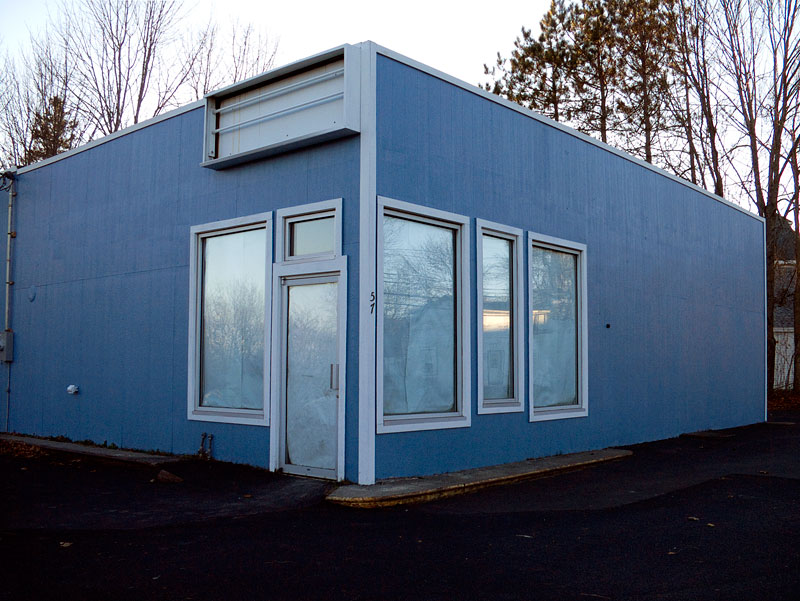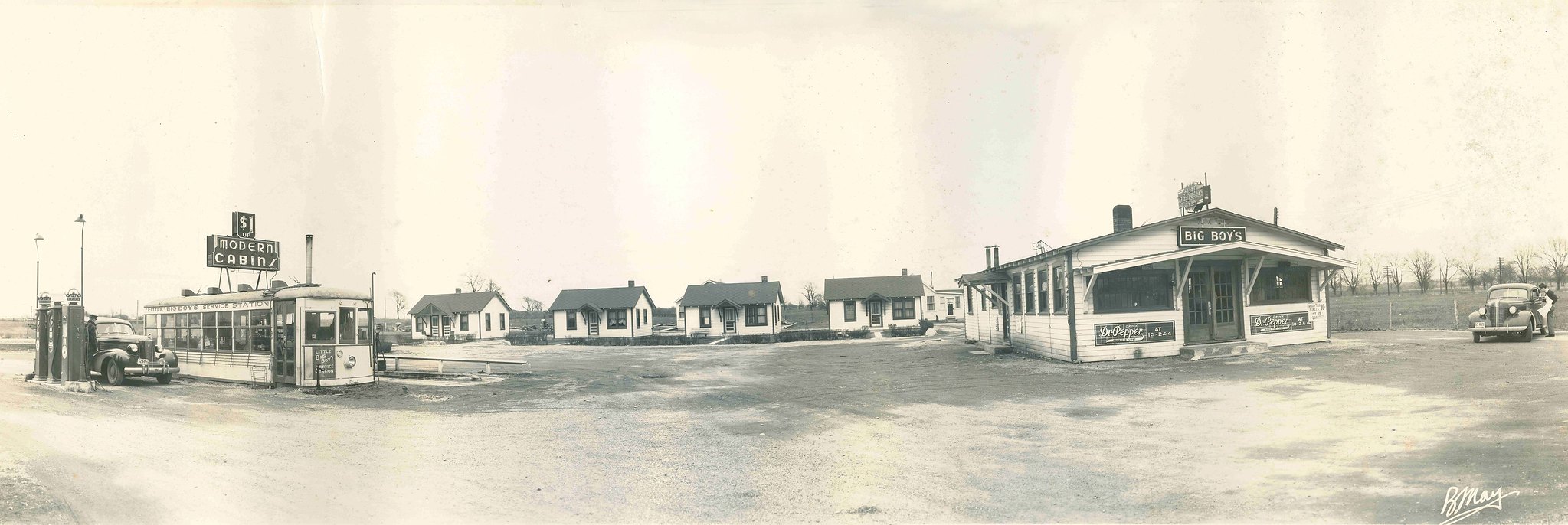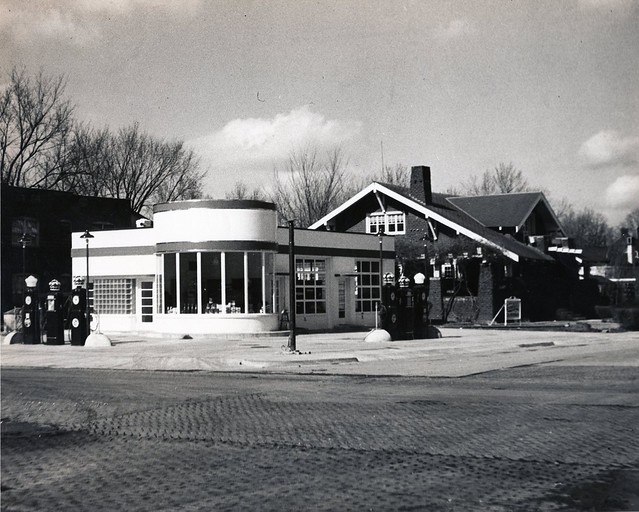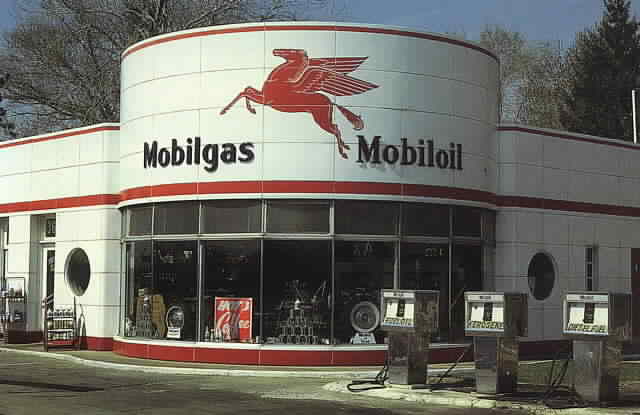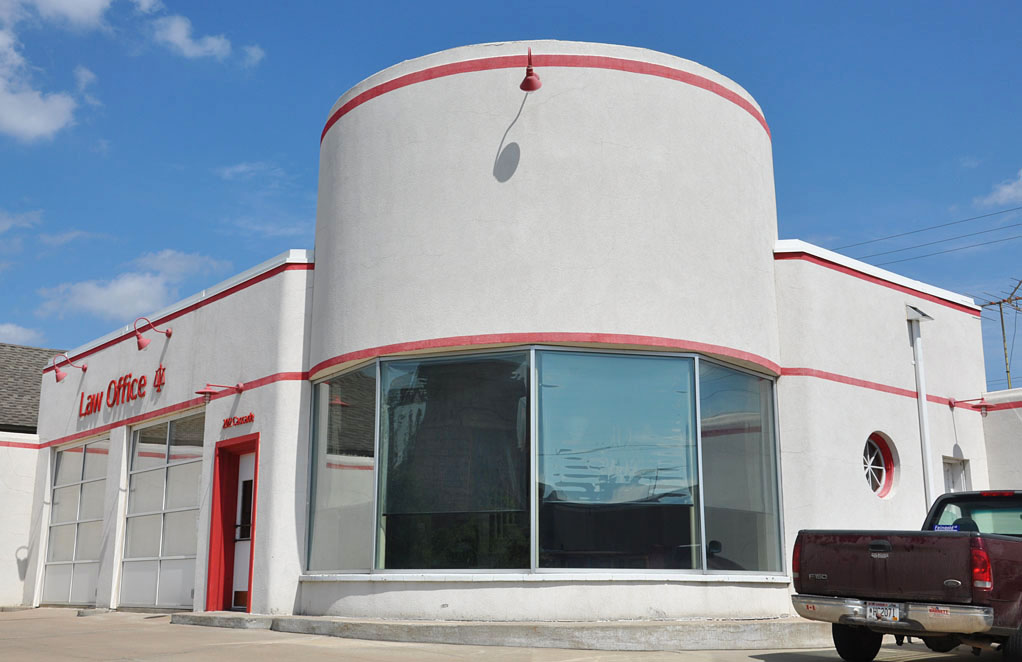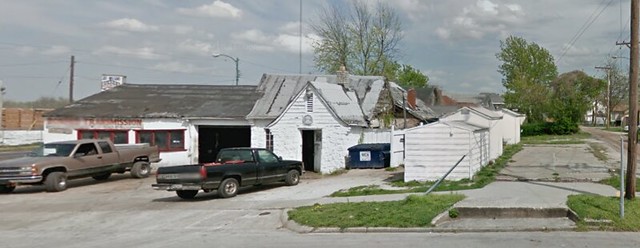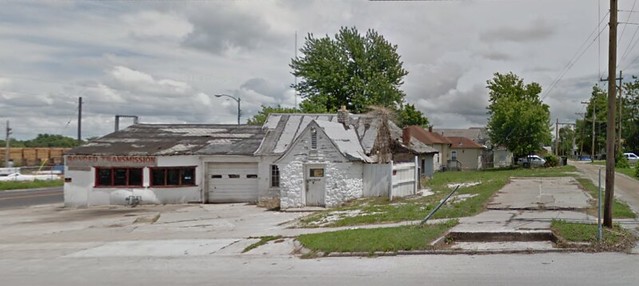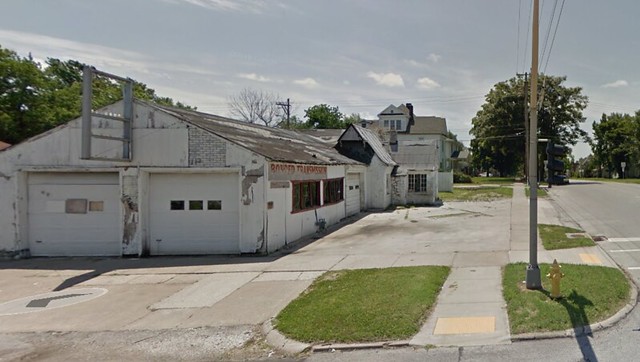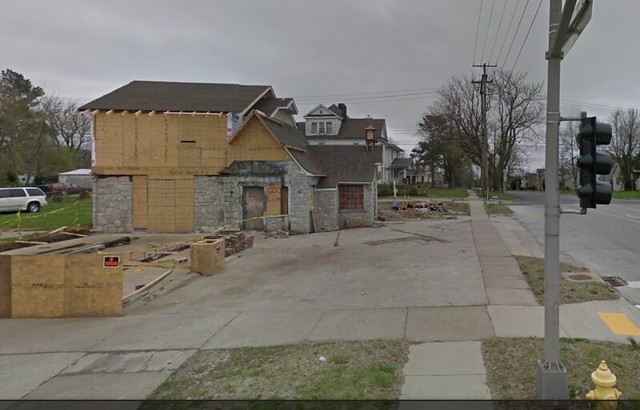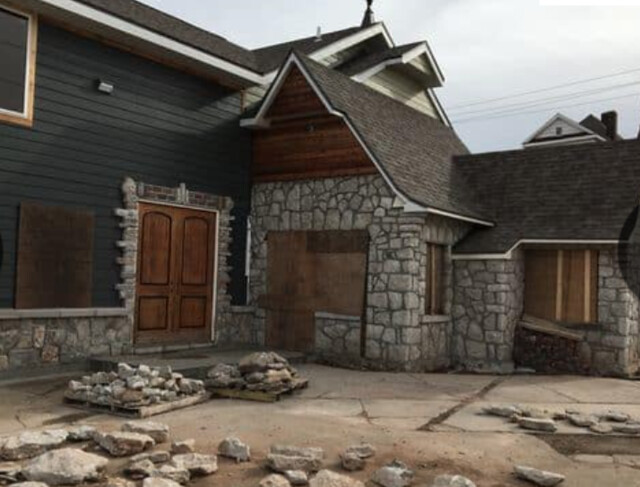- Messages
- 17,477
- Location
- New York City
Jenney had cards, but they were a big regional covering all of New England. I think they had at least a few hundred stations at their peak, so that would make sense.
When we had our station, we ran local "credit accounts" for regular customers aside from accepting the regular Texaco card, but we didn't issue any special card for these. Basically if my grandfather knew you and trusted you, you could run a gas tab, which would be written down on a slip and stored in a drawer under the cash register. When I cleaned out this drawer after we closed, I found unpaid tabs dating back to the 1940s.
When my dad closed down their small appliance / jewelry store in the early '60s, they, too, had plenty of uncollected accounts. It seems to have been a "cost of doing business" in that era as having a "house account" was probably a good way to build customer loyalty and keep the business coming your way. Of course, managing the process and making sure the uncollected ones didn't get out of hand was probably challenging.
